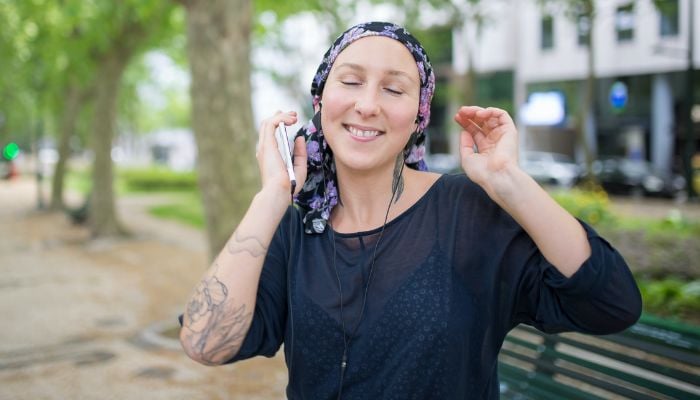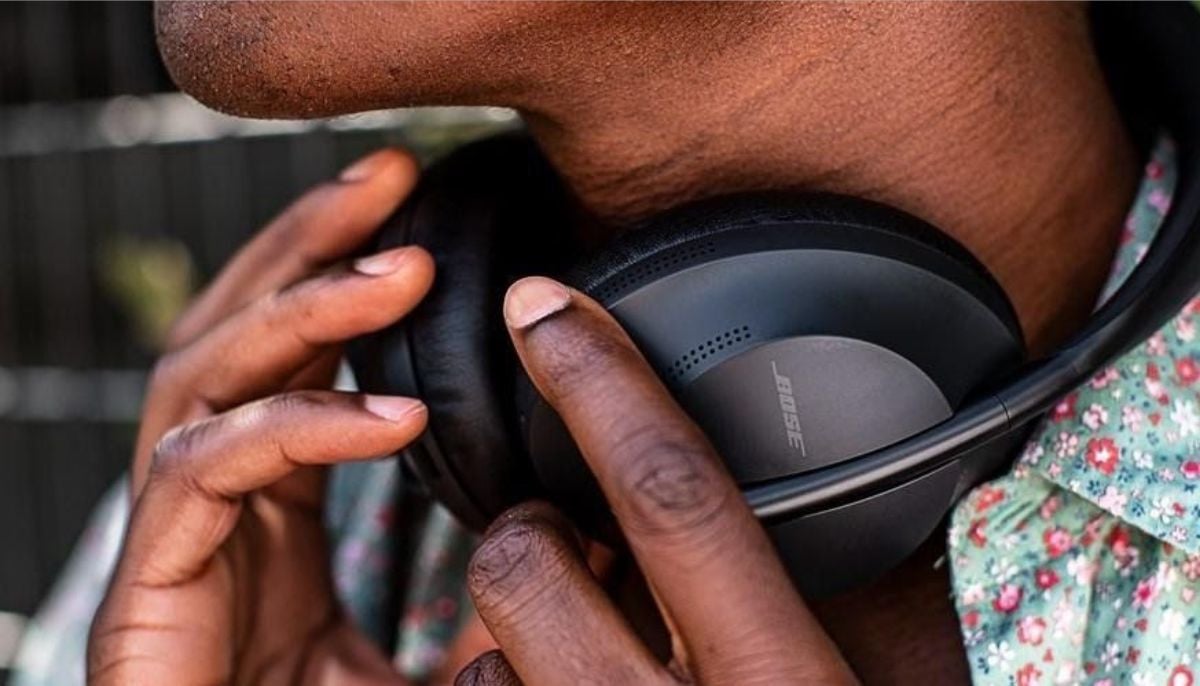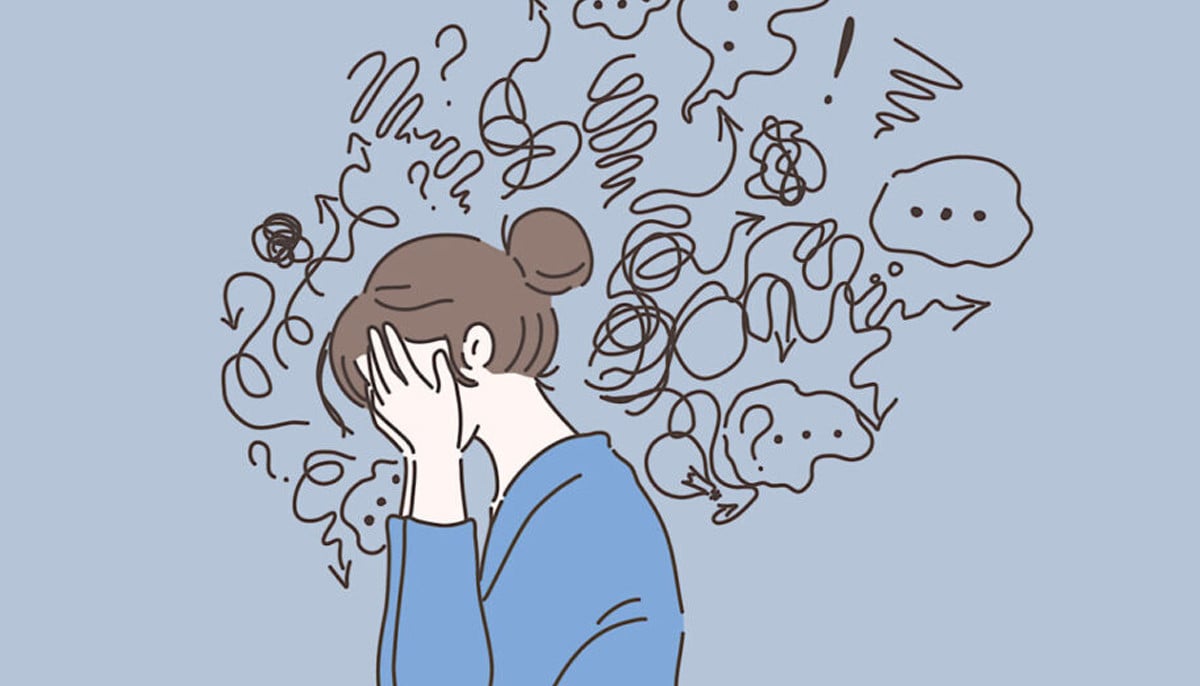Music can be therapeutic for cancer patients: study
Testimonials from clients show how crucial music therapists are to meeting patients' requirements
Recent research, published in the journal Integrative Cancer Therapies, from a team at University Hospitals Cleveland Medical Center suggests that music might be medicine for many.
The right song at the right time can create the ideal healing conditions. Researchers discovered that sickle cell disease (SCD) and cancer patients getting care at an academic cancer centre reported much-reduced pain and anxiety after engaging in music therapy.
Notably, compared to patients with hematologic and/or oncologic diseases excluding SCD, music therapy participants with SCD reported significantly higher baseline levels of discomfort and anxiety.
A retrospective investigation that was carried out between January 2017 and July 2020 produced these results.
More than 1,100 patients received 4,002 music therapy sessions from UH Connor Whole Health music therapists during that time, including 2,400 encounters at UH Seidman Cancer Center. This was the largest study that has ever been done on the practical efficacy of music therapy in haematology and oncology.
This work also builds upon a long history of influential Kulas Foundation-funded music therapy studies conducted at UH to examine the effectiveness of music therapy in palliative care, surgery, and sickle cell disease.
“The music therapy programming provided at Seidman Cancer Center offers a unique and effective means of symptom management for patients and family members throughout their cancer journey," said Seneca Block, The Lauren Rich-Fine Endowed Director of Expressive Therapies at UH Connor Whole Health, in a media release.
"In particular, music therapy services are fully integrated throughout both inpatient and outpatient units to provide continuity of care through transitional periods of treatment.”
Researchers looked at the clinical delivery and efficacy of music therapy. More specifically, researchers contrasted the impact of music therapy on adult patients with SCD's pain, anxiety, and weariness with that of the same music therapy on adult patients with hematologic and/or oncologic disorders excluding SCD (the HemOnc group).
In order to meet patients' needs for coping, pain management, anxiety reduction, and self-expression, music therapists used live music listening, active music creation, and songwriting interventions. The patients' self-reported levels of discomfort, anxiety, and weariness were also evaluated by the music therapists using a 0-to-10 scale at the start and end of each session.
The sessions were recorded by the study's authors in each person's electronic health record.
According to the authors, there were statistically significant decreases in pain (1.48 units), anxiety (2.58 units), and fatigue in the combined sample of patients in the SCD and HemOnc groups. Importantly, variations in pain and anxiety went beyond thresholds that were clinically significant.
However, the two groups' music therapy sessions were different, with the SCD group engaging in considerably more active music-making, songwriting, and song recording than the HemOnc group did. Additionally, a lot of patients expressed their satisfaction with music therapy, with themes that included enjoyment, thankfulness, and improvements in mood, pain, and anxiety.
"It helps me release the everyday pressure and stress that is going on," one patient featured in the study’s qualitative analysis was quoted as saying. "I’ve had a lot of hard times, but this really gives me courage. You gave me a way to articulate my feelings.”
Testimonials from clients show how crucial music therapists are to meeting patients' requirements.
-
How the world lost Whitney Houston to overdose
-
Late Ozzy Osbourne's 'terribly challenging' life with Parkinson's Disease
-
Emerging health threat: Toxic chemicals found in headphones, raising safety concerns among teens
-
Halsey’s rare health struggle you didn’t know about
-
Angelina Jolie and Brad Pitt mental health struggle amid divorce
-
Peter Dinklage shares achondroplasia struggle: 'My whole life I've had stares'
-
Celine Dion’s private battle with Stiff Person Syndrome
-
5 famous names who have spoken up about their anxiety












